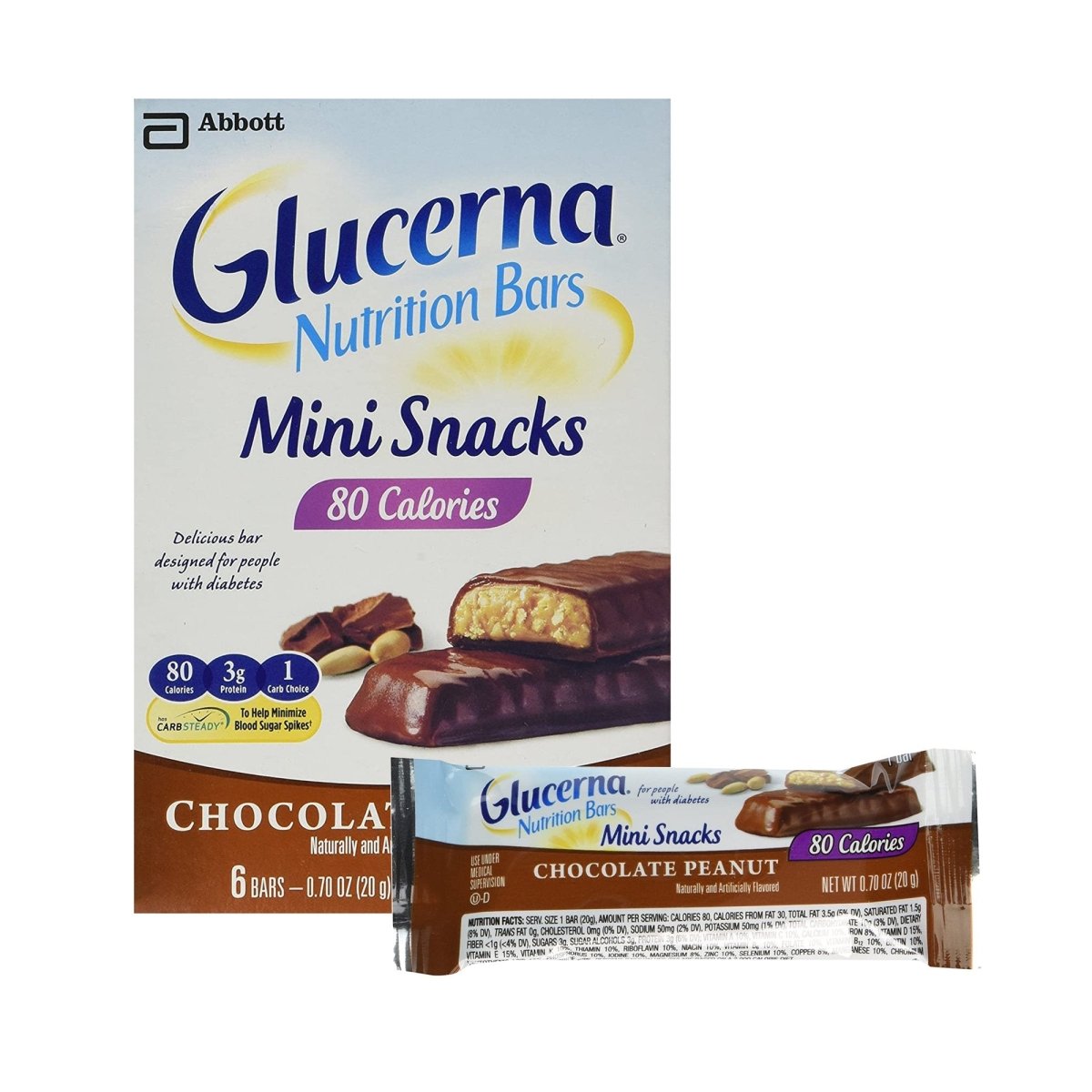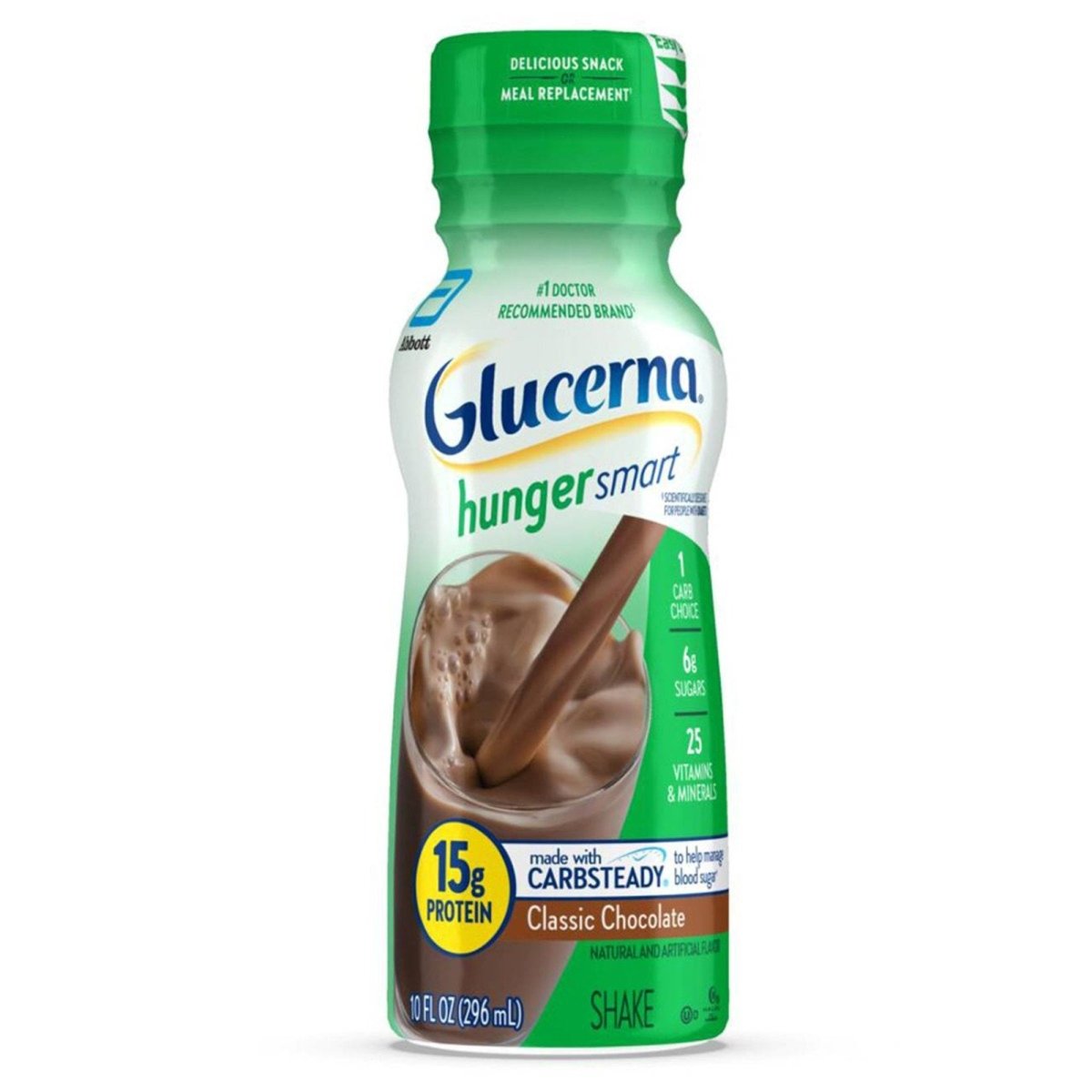Table of Contents
To effectively manage diabetes, it is necessary to be aware of what impacts your blood sugar levels. You should be mindful of things that make your blood sugar levels rise and fall and how to keep them in check on a daily basis.
Maintaining proper blood sugar levels can be difficult, as many things can cause them to fluctuate. Several factors can influence our blood sugar levels, some of which are the following:
Diet
Making healthy food choices is a key part of managing diabetes. Eating a balanced diet that includes a variety of nutritious foods and drinks is essential for maintaining good health and keeping your blood sugar levels in check.
Eating foods low in added sugar, salt, and fat and rich in fiber, vitamins, minerals, and other nutrients can help you maintain a healthy weight and avoid complications associated with diabetes. Additionally, combining different types of foods in the right amounts can help you achieve optimal health and manage your diabetes.
Consult with your healthcare provider to determine the best diet for you and the right balance of food groups. We also recommend planning your diet and medication intake to ensure a balanced blood sugar level. Make sure the amount of food you are eating is in line with the amount of diabetes medications you are taking, particularly insulin.
Consuming too little food in relation to the amount of insulin can cause your blood sugar to drop too low (hypoglycemia). Eating too much compared to the medications can cause your blood sugar to spike (hyperglycemia). Discuss with your diabetes medical team how best to arrange meals and medication timing.
Physical Activity
Physical activity is an important part of managing diabetes. Exercise helps your body use glucose as energy and can allow it to use insulin more effectively. It also helps to lower your blood sugar level. Doing intense physical activities such as running or lifting weights can provide a longer-lasting effect, but even simple tasks like doing chores, gardening, or standing for a long time can help to reduce your blood sugar.
If you've been inactive for an extended period, it's wise to get a medical checkup from your doctor. Your doctor can help determine what kind of physical activity is best for you, such as a balance of aerobic activity and strength training.

Medication
Insulin and other diabetes medications are created to help keep your blood sugar levels in check when dietary changes and physical activity are not enough to effectively manage diabetes. The success of these medicines depends on when and how much of the dosage you take. Medications for conditions other than diabetes can also affect your blood sugar levels. Shop medication aids here.
It is important to keep insulin in the right environment to ensure it works effectively. Insulin can be damaged by temperature extremes, so it should be stored at a consistent temperature. Make sure the insulin is not expired, and check the expiration date before using it.
Conclusion
Managing blood sugar is a crucial step to maintaining a healthy lifestyle. It is essential to monitor your blood sugar levels regularly and make changes to your diet and lifestyle as needed. Additionally, it is important to talk to your doctor about any medications you may be taking to help manage your blood sugar levels. Taking these steps can help keep your blood sugar levels healthy and reduce the risk of long-term health problems.
Are you interested in boost drinks for diabetics? Check out Cart Health, built to make it easier for you to find the products you need at prices you can afford. We provide custom-tailored product suggestions to help you live your life. Shop now.












